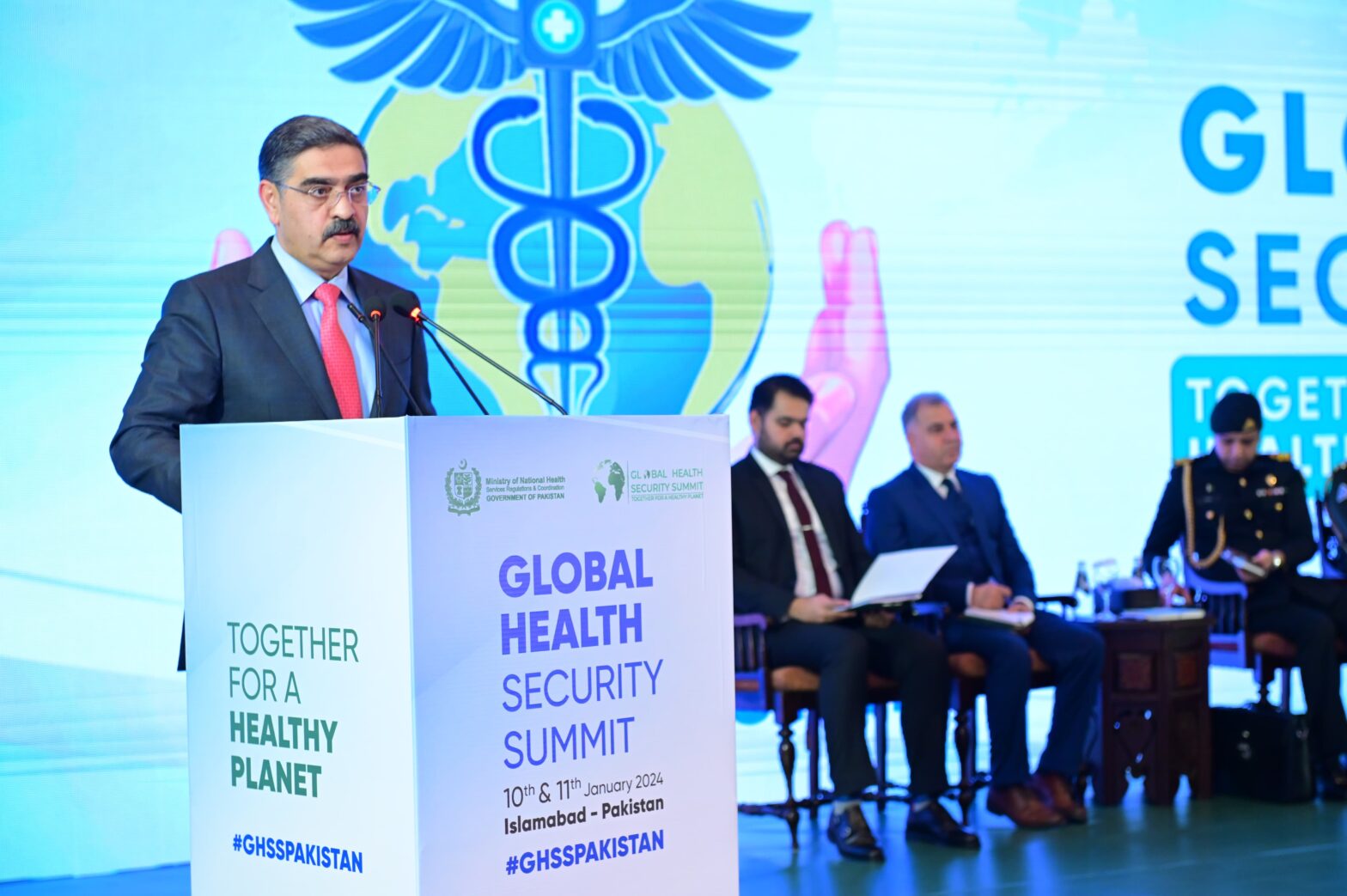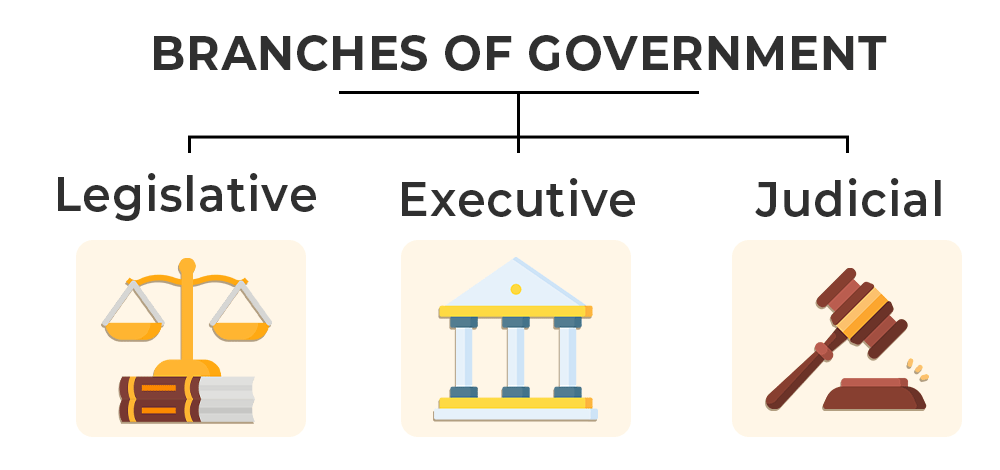Dr Shabana Safdar Khan
The upcoming Global Health Security Summit in Islamabad holds both promise and peril for Pakistan and the global health landscape. While the gathering boasts impressive credentials – a high-profile agenda, international delegates, and the ambitious vision of a technocratic Health Minister – a closer look reveals underlying challenges and the need for a critical appraisal.
Positive Portents:
- Technocratic Leadership: The summit’s conception at the hands of Dr. Nadeem Jan, a health technocrat, offers a glimmer of hope. Pakistan’s health sector has long suffered from political interference and mismanagement. If technocratic expertise takes center stage, it could translate into improved health outcomes and a more strategic approach to global health challenges.
- Global Solidarity: The summit’s theme – global health security – resonates deeply in our interconnected world. The COVID-19 pandemic proved that infectious diseases respect no borders, necessitating robust collaboration and information sharing across nations. This summit presents an opportunity to strengthen global solidarity and forge partnerships for collective disease prevention and preparedness.
- Pakistan’s Commitment: Pakistan’s signing onto the GHSA 24 demonstrates its commitment to improving its health security capacities. The summit can serve as a platform for the nation to showcase its progress, learn from international best practices, and identify areas for further development.
Potential Pitfalls:
- Overblown Hype: The summit’s potential might be overinflated. Overemphasizing its significance without tackling systemic issues within Pakistan’s health sector could lead to unfulfilled promises and disillusionment. Concrete outcomes, such as actionable plans and increased funding, are crucial for lasting impact.
- Funding Hurdles: Sustainable financing for pandemic preparedness and response remains a global challenge. While the World Bank’s new funding window represents a promising step, securing Pakistan’s fair share within a competitive landscape will require strategic maneuvering and effective advocacy.
- Political Willpower: Ultimately, the success of the GHSA and the summit hinges on sustained political commitment. Pakistan needs leadership that prioritizes public health investment, strengthens surveillance and laboratory capacities, and fosters a culture of accountability for achieving health security goals.
Beyond the Summit:
The Islamabad summit holds the potential to be a pivotal moment for Pakistan’s health security landscape. However, its true impact will be measured not by the fanfare surrounding the event, but by the concrete actions and lasting commitments that emerge from it. Pakistan must capitalize on this opportunity to translate the noble ideals of global health security into tangible improvements in its healthcare system, ensuring the wellbeing of its citizens and contributing effectively to a safer, healthier world.
Further Critical Considerations:
- The summit should address Pakistan’s specific vulnerability to infectious diseases like tuberculosis and antimicrobial resistance. Concrete plans for tackling these challenges should be on the agenda.
- The role of non-state actors such as NGOs and community organizations in strengthening health security needs to be acknowledged and included in the discussions.
- The summit should spark broader public discourse on the importance of investing in health infrastructure and promoting health awareness throughout society.
Hence, the Global Health Security Summit in Islamabad carries the potential to be a significant milestone for Pakistan and the global community. However, a critical examination reveals both promise and peril. Pakistan must ensure that the summit translates into lasting action, political commitment, and concrete improvements in its health security landscape. Only then can it truly contribute to a safer, healthier world. The Global Health Security Summit offers Pakistan a valuable platform to engage with the international community and address critical health challenges. However, optimism must be tempered with a critical eye towards implementation, addressing specific disease threats, securing adequate funding, and ensuring political will for long-term sustainability. Only by tackling these challenges can the summit translate hope into tangible improvements in Pakistan’s public health security landscape.
Please, subscribe to the YouTube channel of republicpolicy.com

















